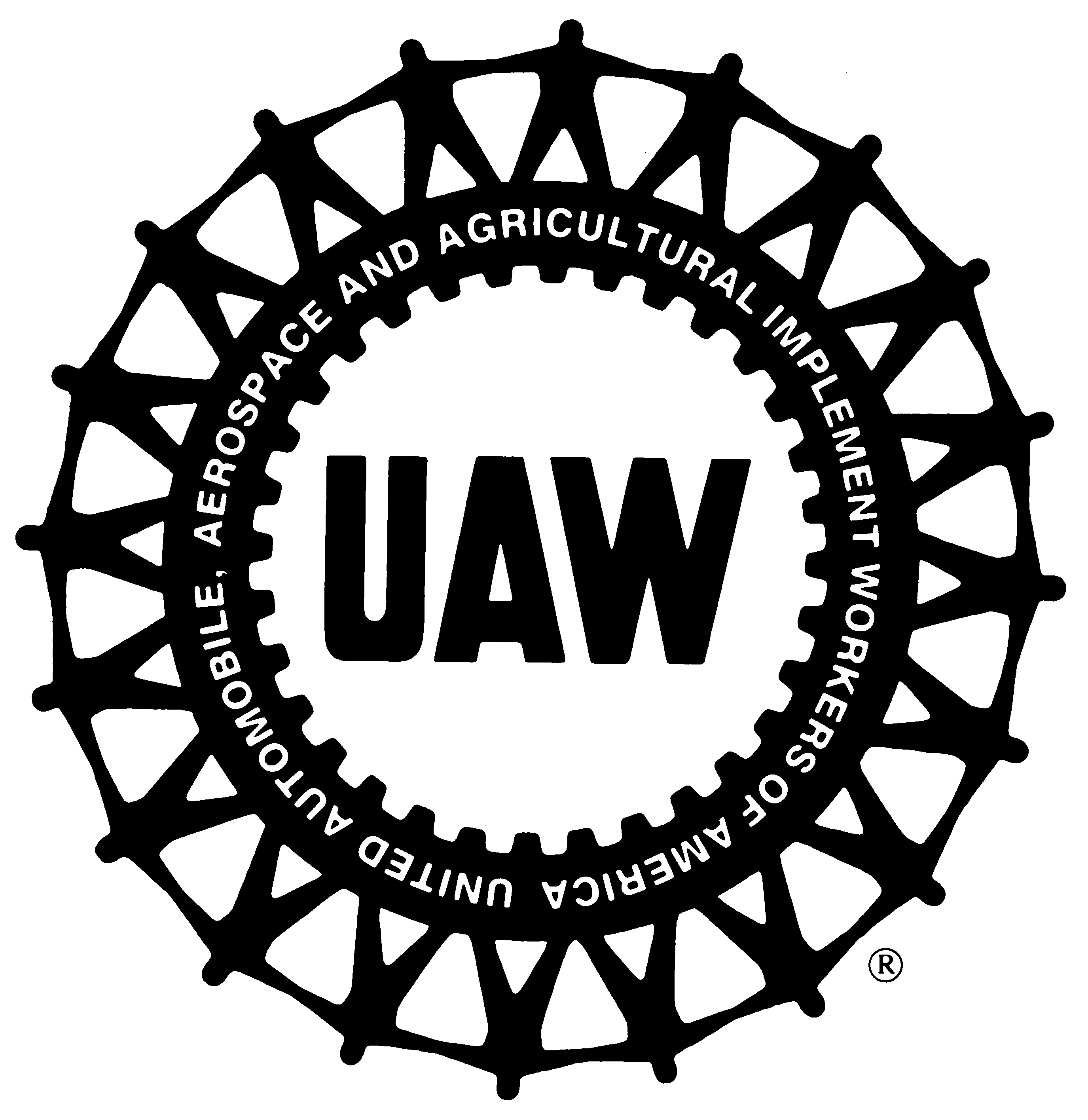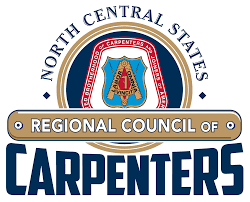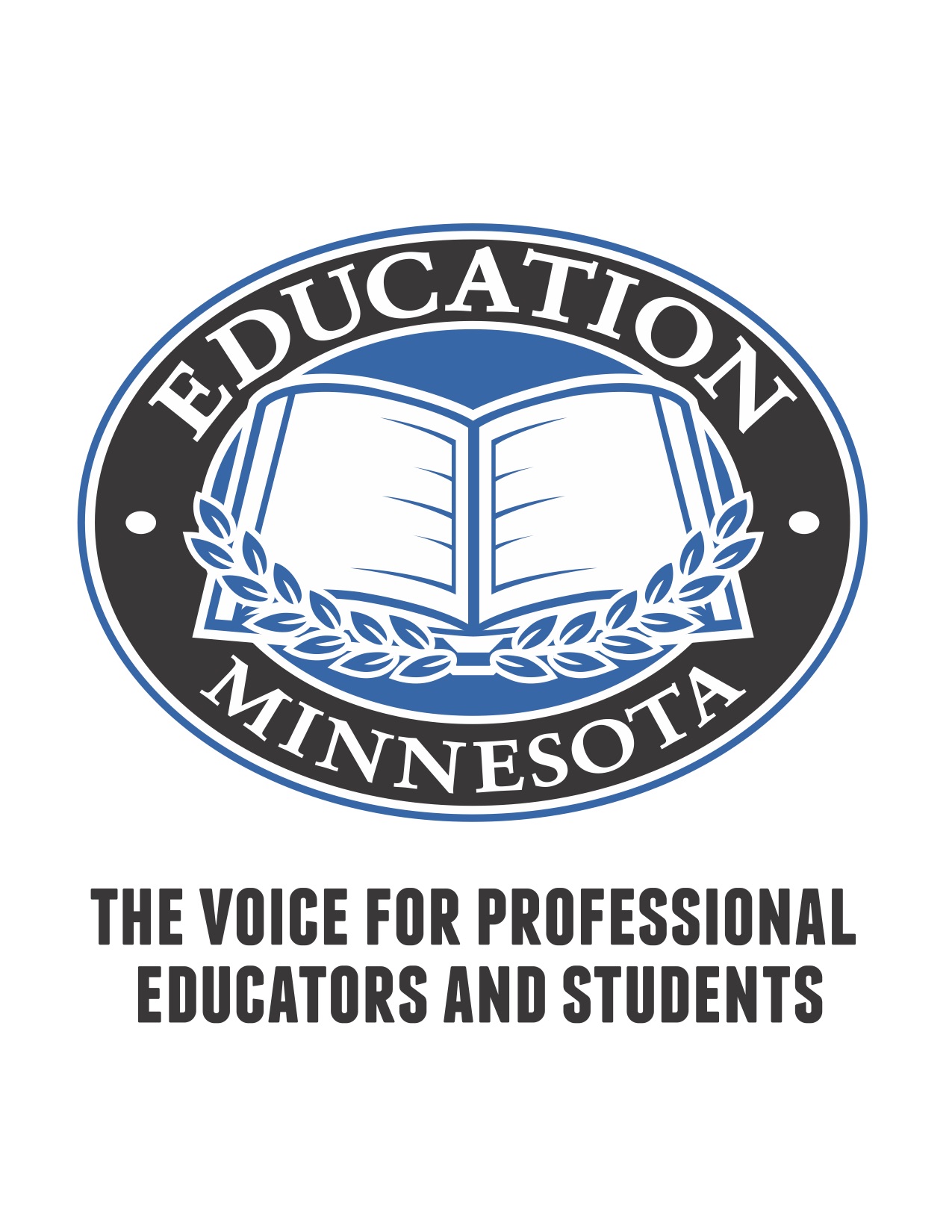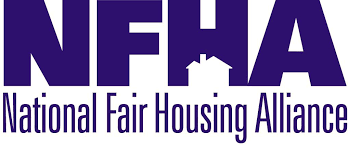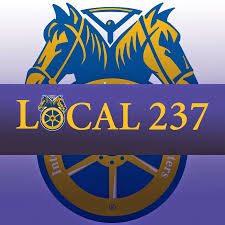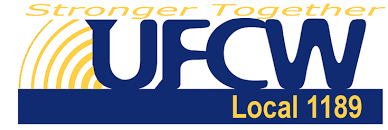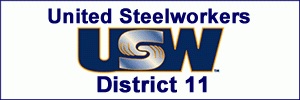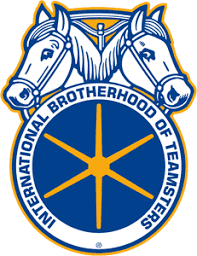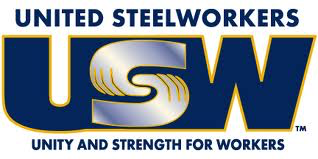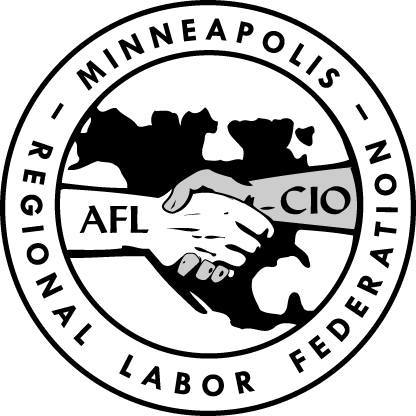- Home
- BOA in the News
- What will a second-term Murphy administration do to end school segregation? | Opinion
- Pleasantville church tackles segregation at MLK ceremony
- No time for handwashing, absolving ourselves of segregating schools | Opinion
- Pleasantville to Absecon march against school segregation held on Selma anniversary
- Star-Ledger Guest Columnist By Willie Dwayne Francois III
- Pleasantville school board again opposing Absecon's bid to leave district
- Statewide group mobilizes South Jersey leaders to correct school segregation
- A BLACK WOMAN SAID SHE WAS AFRAID OF THE POLICE. A NEARLY ALL-WHITE DISCIPLINARY PANEL SAID WE DON’T BELIEVE YOU.
- Tickets Out of Poverty? The American Prospect magazine
- New York Times - Justice for Blacks and Whites As the Civil Rights Act Turns 50, Creating Cross-Racial Alliances
- The Diverse Suburbs Movement Has Never Been More Relevant
- Behind tension over Texas pool party, a seismic shift in American suburbs - CSMonitor
- Communities face challenge of sustaining middle class reality
- Building One Ohio summit brings together over 150 local leaders
- 20 Years Later, Law Was Worth The Wait
- Community leaders want collaboration
- Once-aspirational Philadelphia suburbs struggle with poverty
- A tale of two towns reveals tipping point for America's suburbs
- BOA attacked in Breitbart News
- The Bad Economics of Balkanized Suburbs
- About Us
- Contact Us
- Donate
- Leadership Training
- Annual Year-End Celebration and Awards Ceremony 2023
- John Froonjian Honored at Year-End Celebration, Dec 14, 2023
- Lawrence Lustberg Honored at Year-End Celebration, Dec 14, 2023
- Lloyd Henderson Honored at Year-End Celebration, Dec 14, 2023
- Rev. Dr. Albert Morgan Honored at Year-End Celebration and Awards Ceremony Dec 14, 2023
- Tennille McCoy Honored at Year-End Celebration and Awards Ceremony Dec 14, 2023
- Tribute to Gill, Giblin, Jasey at Year-End Celebration, Dec 14, 2023
- Leadership Training for Inclusive Communities, June 27 - 30, 2024, Stockton University, Galloway, New Jersey.
- School Segregation in NJ
- Summit for Civil Rights 2023
- Take Action
Summit for Civil Rights
The Summit for Civil Rights
November 9–10, 2017
At the University of Minnesota Law School, Mondale Hall
Presented by Law & Inequality: A Journal of Theory and Practice, The Institute on Metropolitan Opportunity & Building One America
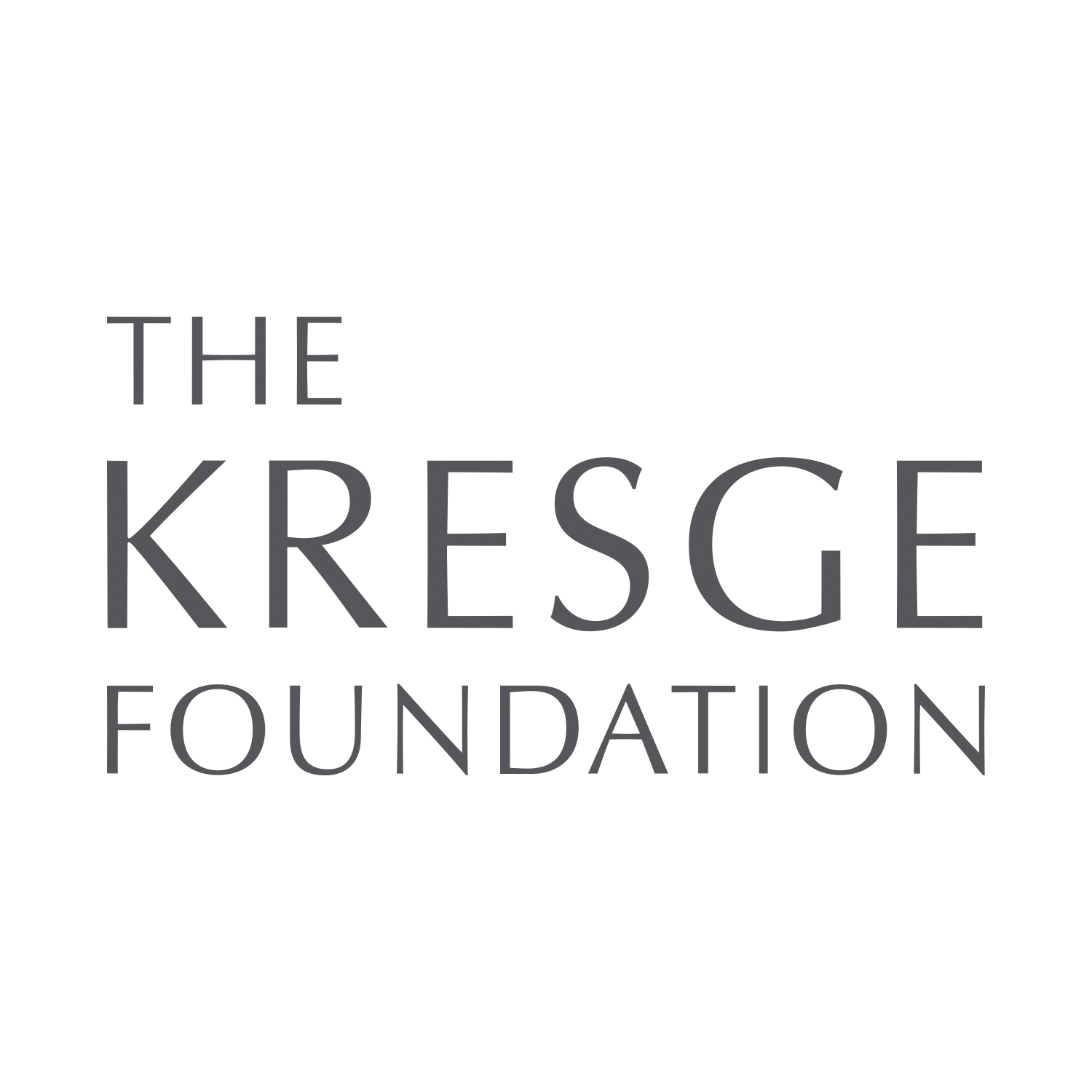
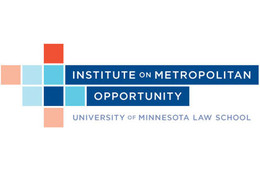
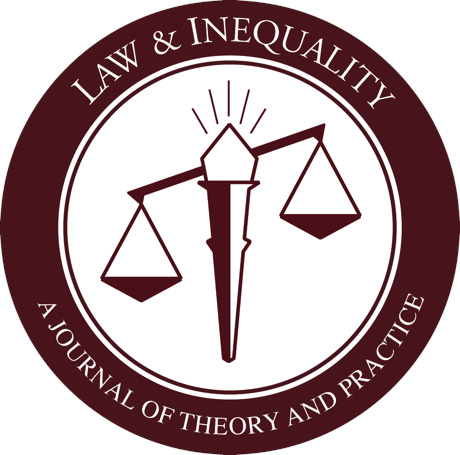

With generoussupport from The Kresge Foundation
The Summit for Civil Rights, held on November 9 and 10, 2017 at the University of Minnesota Law School, was a powerful expression of the people and institutions representing the forces of racial justice, social equity, inclusion and economic opportunity.
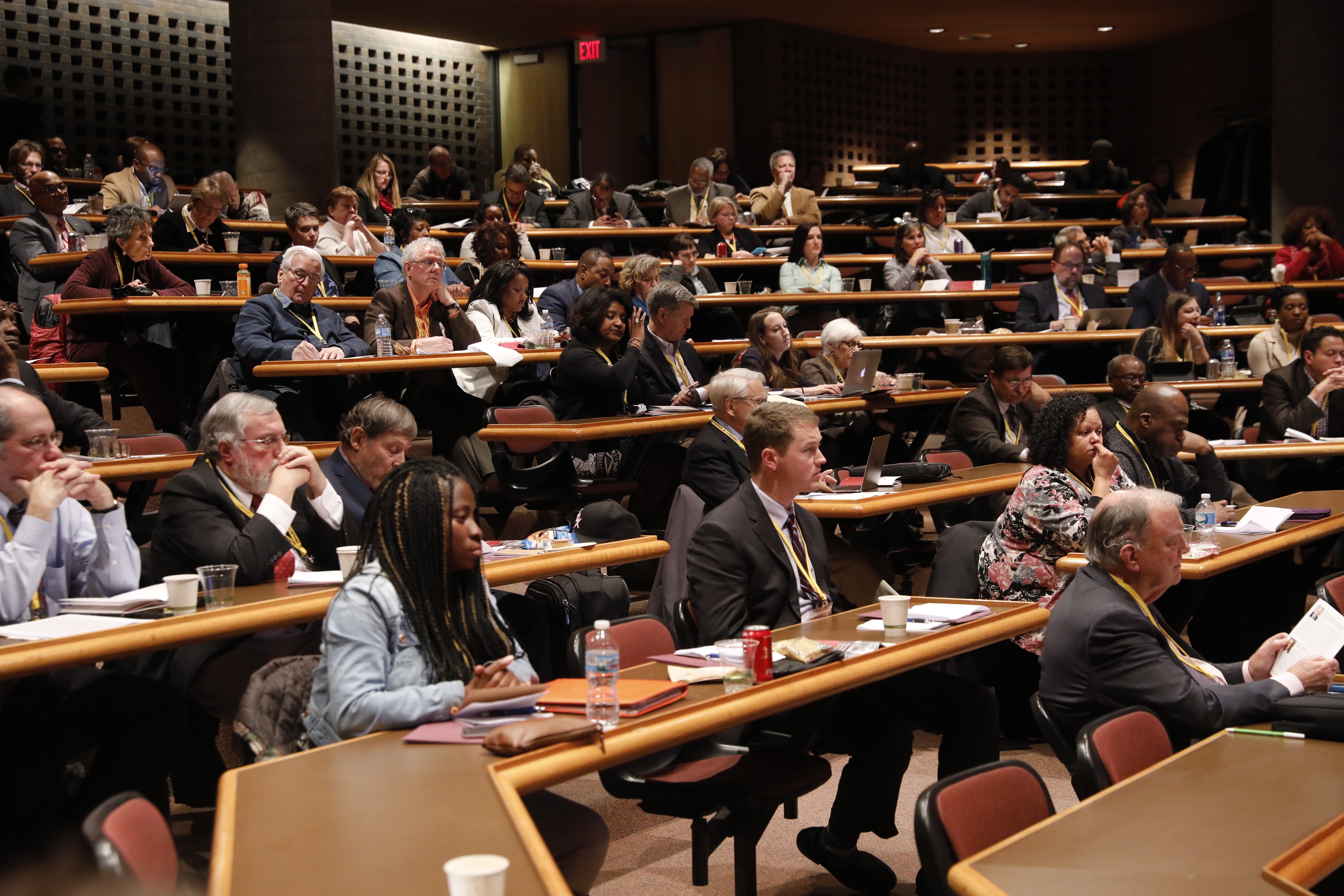
Hundreds of delegates, panelists, participants and speakers came from across the country from labor, civil rights, law, academia, the faith community, local government and national politics.The Summit demonstrated how enduring racial disparities and growing economic inequality were interconnected and mutually reinforcing problems in
American society, inextricably tied to our racially segregated structures of opportunity and power. The Summit revealed the ways in which many of those structures and institutions (including in housing, finance, education, employment and law) sustain and even profit from segregation and racial inequality.
The Summit drew lessons from our Civil Rights past to help us better understand the challenges today, who our common enemies are, and strategies for building the power needed to achieve breakthroughs against modern American Apartheid. Moreover, it showed us how the fight for racial justice and economic opportunity are one in the same and that only through that fight (and a unified agenda) can we build and sustain a multiracial political majority.
Below is a summary of the conference:
After an opening reflection by Rev. Doug Mork of Interfaith Worker Justice and a Welcome from Dean Garry Jenkins, Professors William Jones and Myron Orfield opened the meeting.
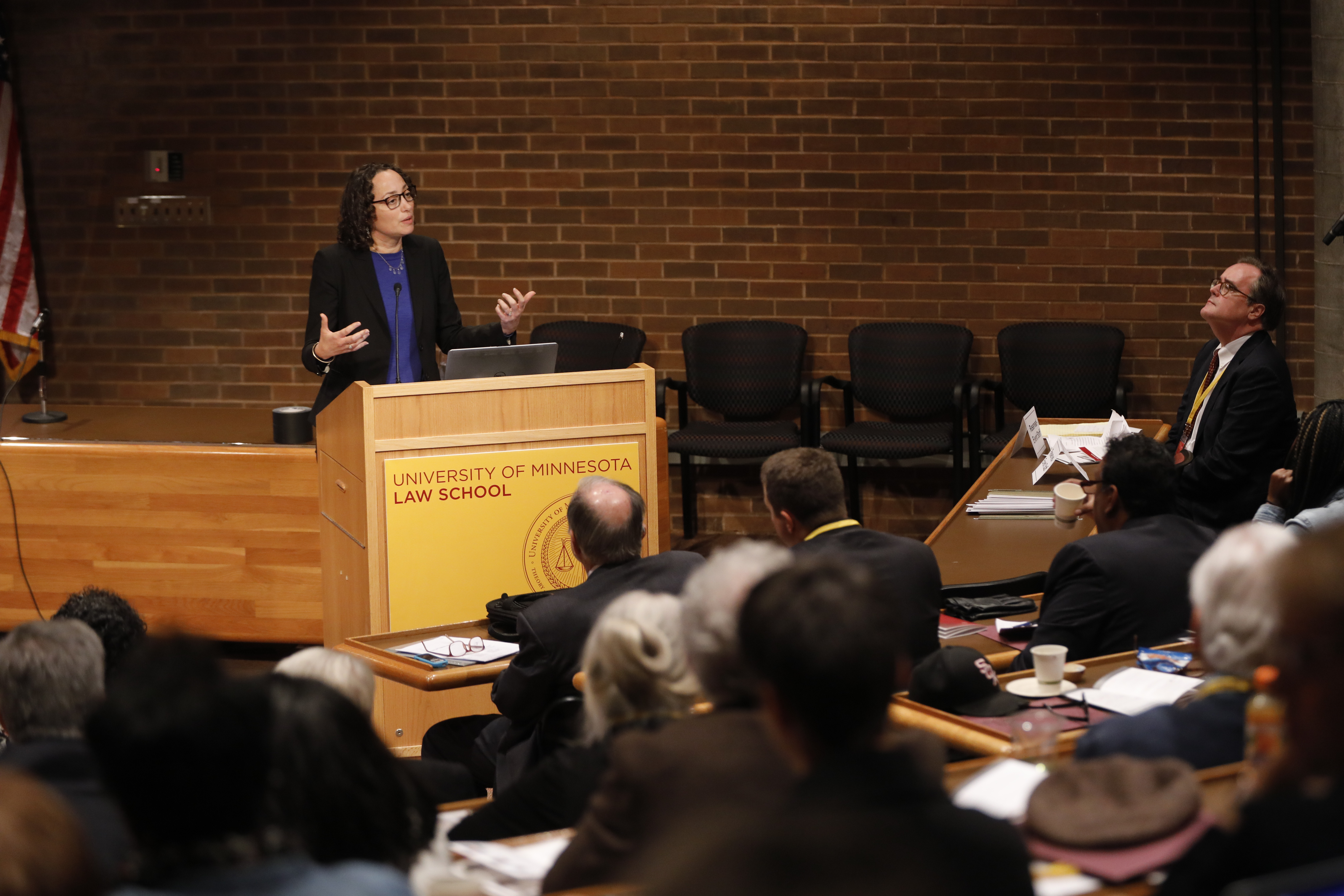 The Summit’s opening speaker, Catherine Lhamon, Chair of the U. S. Commission on Civil Rights, provided historical context for the progress toward equal opportunity in America as well as the unfinished business of the Civil Rights Movement and the threats we face today.
The Summit’s opening speaker, Catherine Lhamon, Chair of the U. S. Commission on Civil Rights, provided historical context for the progress toward equal opportunity in America as well as the unfinished business of the Civil Rights Movement and the threats we face today.
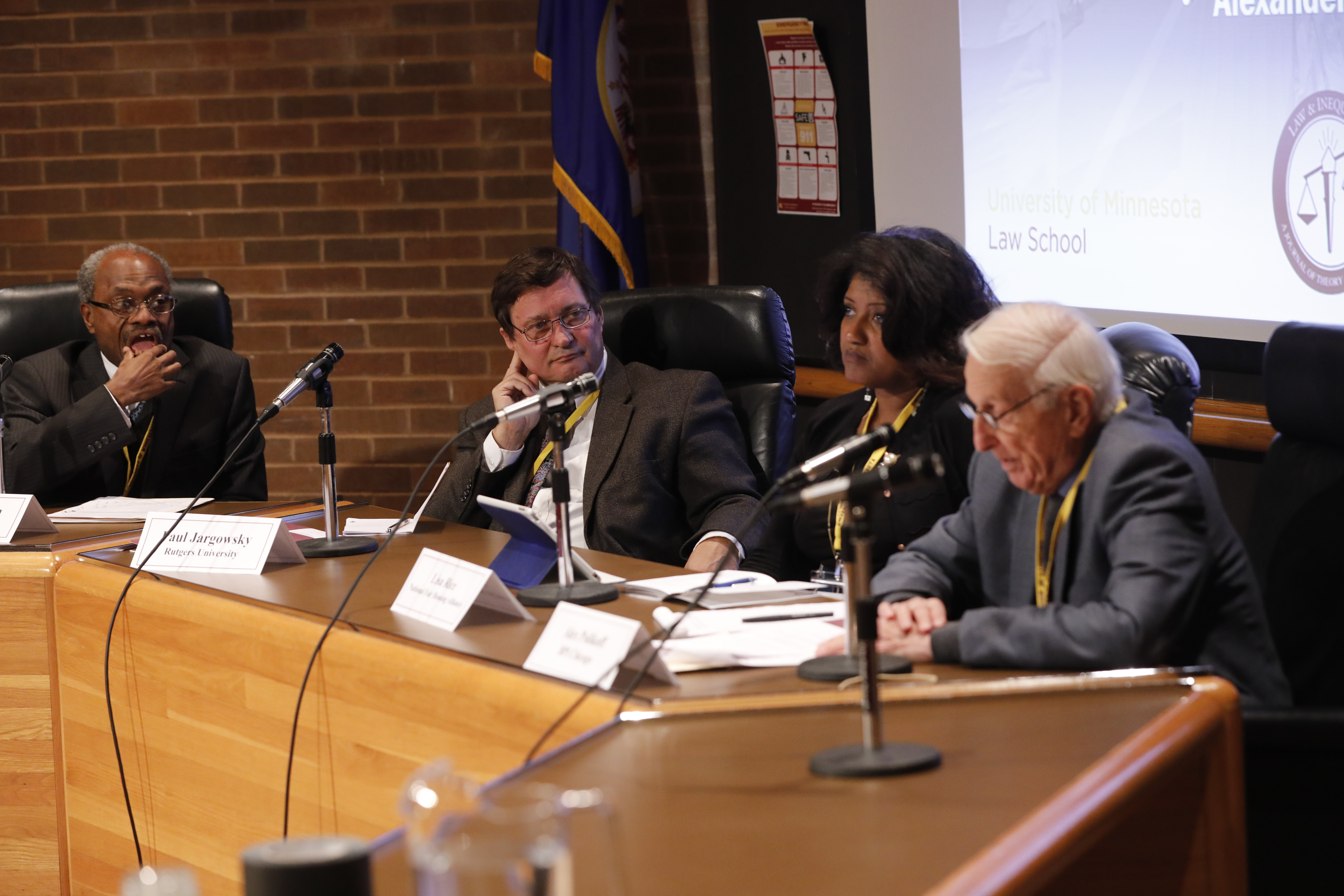
Myron Orfield and a panel of experts and practitioners, moderated by Algernon Austin, gave us a stark reminder of this threat in a session titled “The Scourge of Segregation”. Orfield and panelists Paul Jargowsky, Lisa Rice and Alexander Polikoff discussed the broader impact and terrible costs of segregation in modern
American life, warping politics, eroding cities and older submits, destroying schools, fracturing the workforce, and undermining efforts to provide economic and social justice for both the poor and middle class.
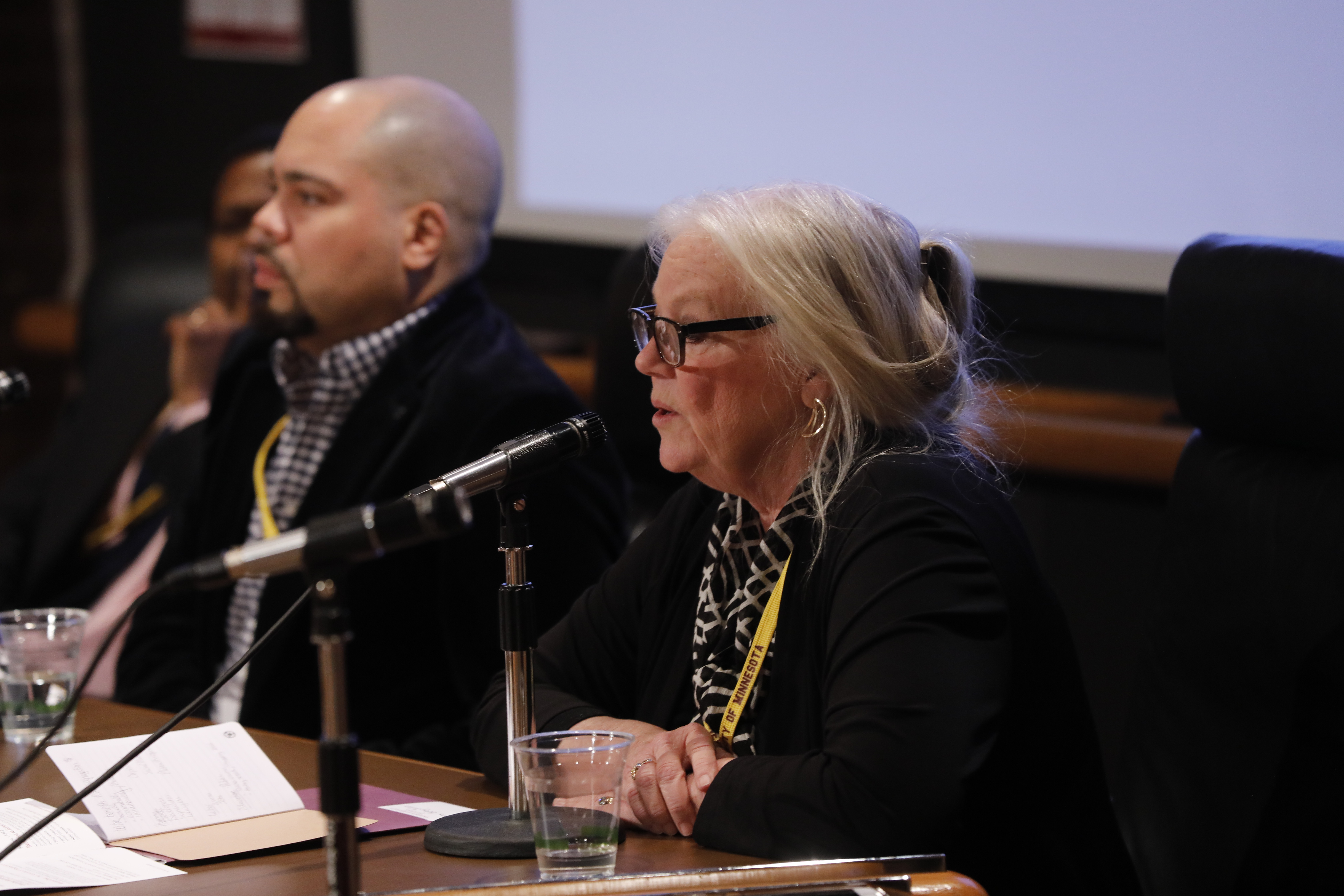

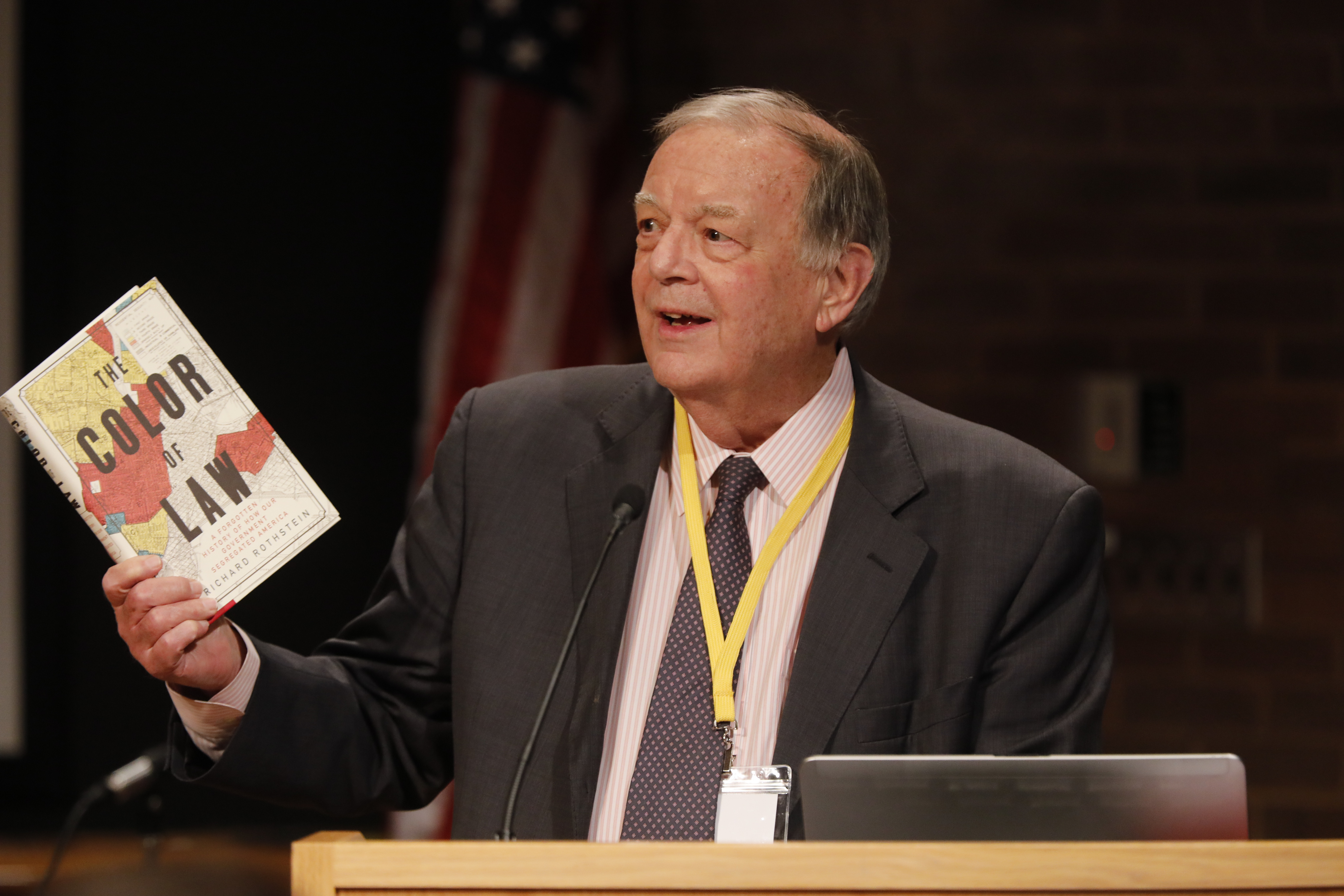 A second panel titled “How We Got Here,” moderated by Demetria McCain of the Inclusive Communities Project began with a brief presentation by David Rusk on the structural underpinnings of modern American Apartheid, including the myriad of state and national policies that have built and sustained it over the past 50 years. Panelists Bruce Haynes,
A second panel titled “How We Got Here,” moderated by Demetria McCain of the Inclusive Communities Project began with a brief presentation by David Rusk on the structural underpinnings of modern American Apartheid, including the myriad of state and national policies that have built and sustained it over the past 50 years. Panelists Bruce Haynes,
Julian Vasquez Heilig and Betsey Julian reflected on the historical roots and real life implications of American segregation, including its role in the fracturing of working class alliances and the related politics that drive wealth and income inequality in America.
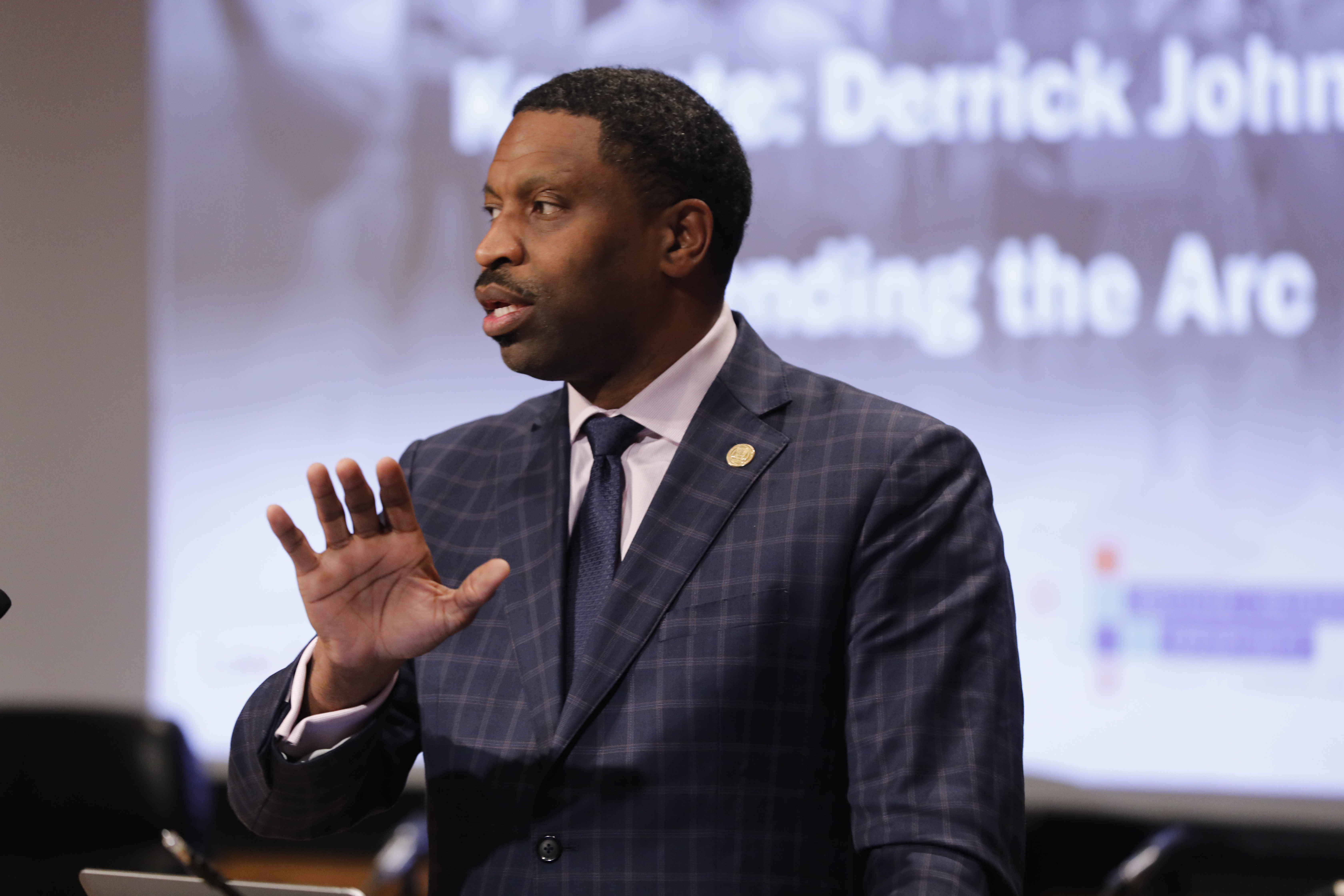 The evening session closed with a powerful speech by Derrick Johnson, the newly elected president of the National Association for the Advancement of Colored P
The evening session closed with a powerful speech by Derrick Johnson, the newly elected president of the National Association for the Advancement of Colored People (NAACP). President Johnson’s talk tied the afternoon together and set up the next day's discussion by drawing on the history of the NAACP and reminding Summit attendees that racial oppression, segregation and hatred have always been tools for the exploitation and the subjugation of working people of all colors.
A reception was held to welcome the Summit attendees and to pay tribute to Vice President Walter Mondale for the courageous role how many years of public service and especially for the role he played in the passage of the Fair Housing Act as a young Senator from Minnesota. 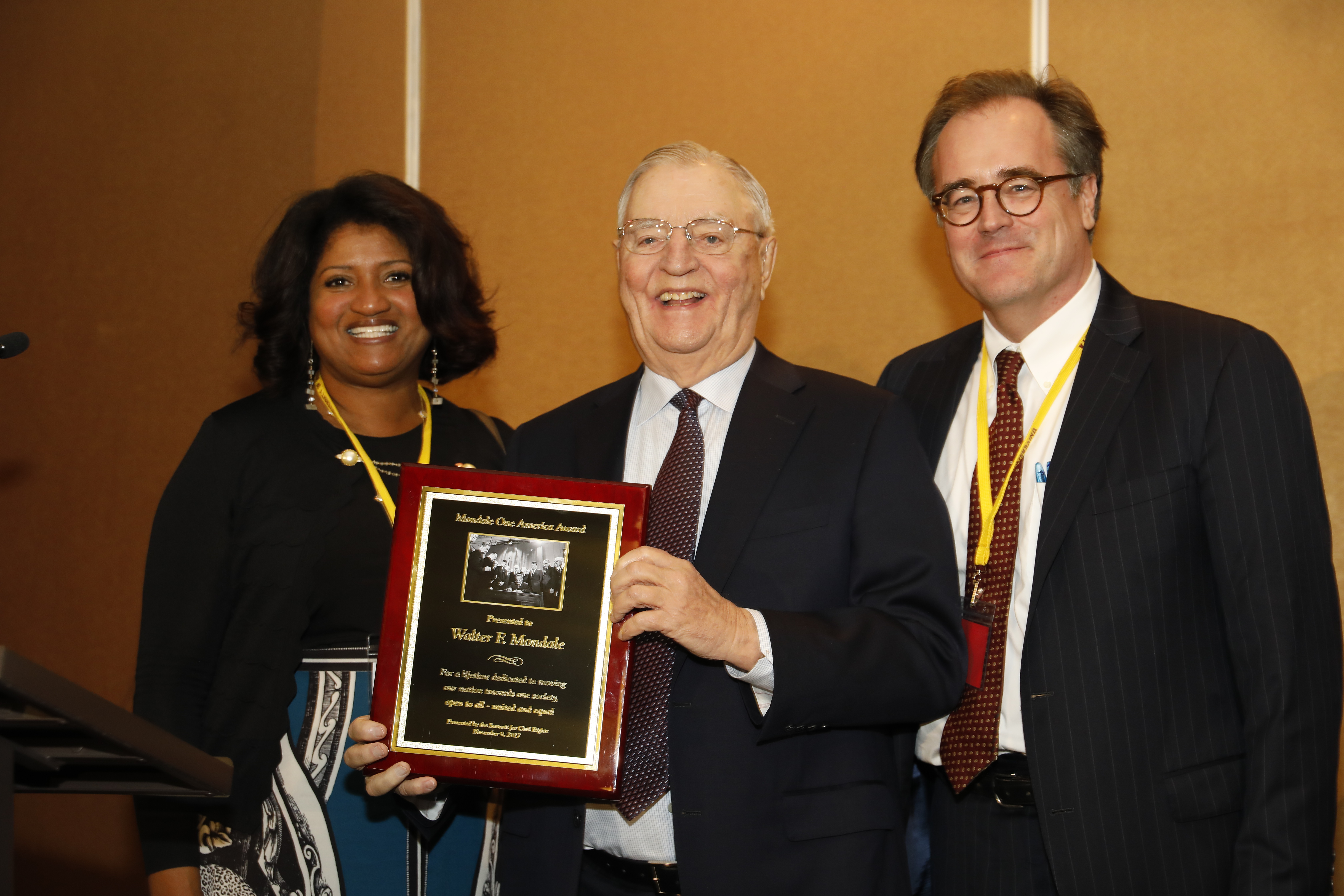
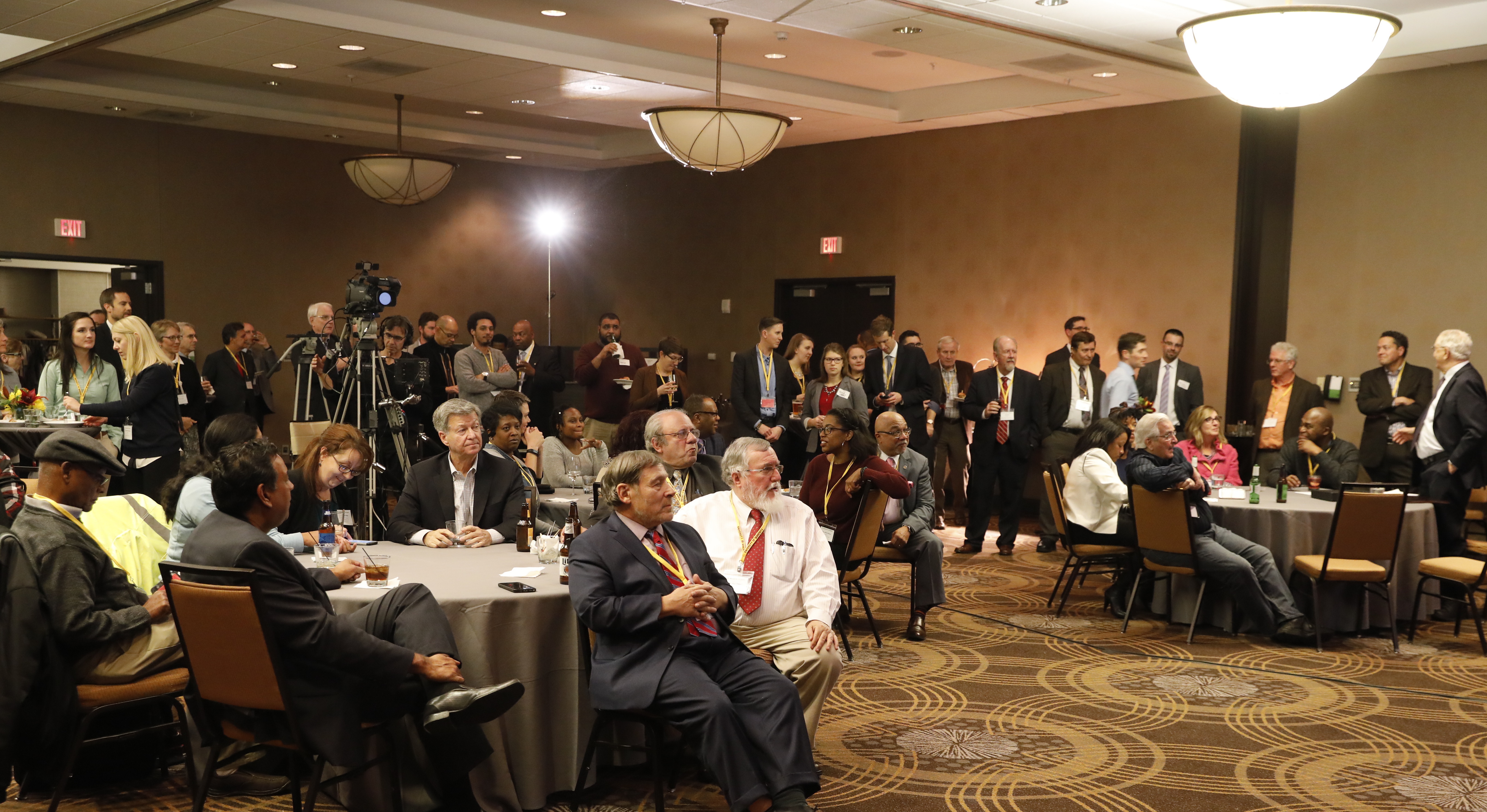
In the morning after an introduction by University President Eric Kaler, Professor Will Jones moderated a dynamic discussion between Vice President Mondale and Representative James Clyburn of South Carolina on the forgotten history of the Civil Rights Movement - titled “Learning from the past to create a new, more just, future.”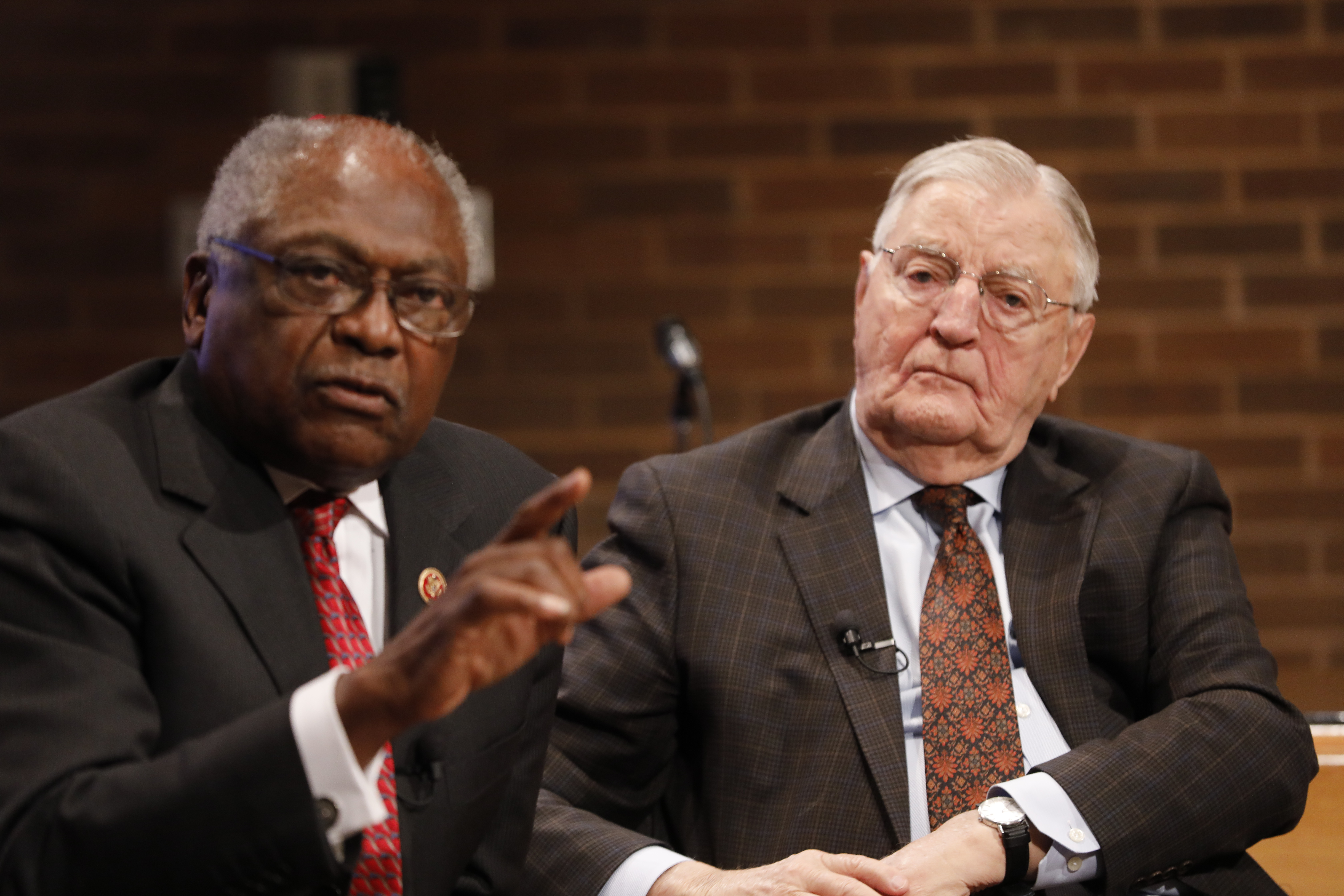
Both Mondale and Clyburn told compelling and powerful stories from their own past to help reveal important and relevant lessons for today's challenges and struggles.
Vice President Mondale reminded us that racial segregation continues to be a central evil denying opportunity to millions of people and poisoning our politics while keeping us from realizing our true potential as a fully inclusive and socially just society.
This discussion was then expanded to include a prestigious panel of leaders from labor and civil rights including Randi Weingarten, American Federation of Teachers, William E. Spriggs, AFL-CIO and Howard University, Theodore M. Shaw, University of North Carolina School of Law and former head of the NAACP Legal Defense Fund and Judy Beard of the American Postal Workers Union. 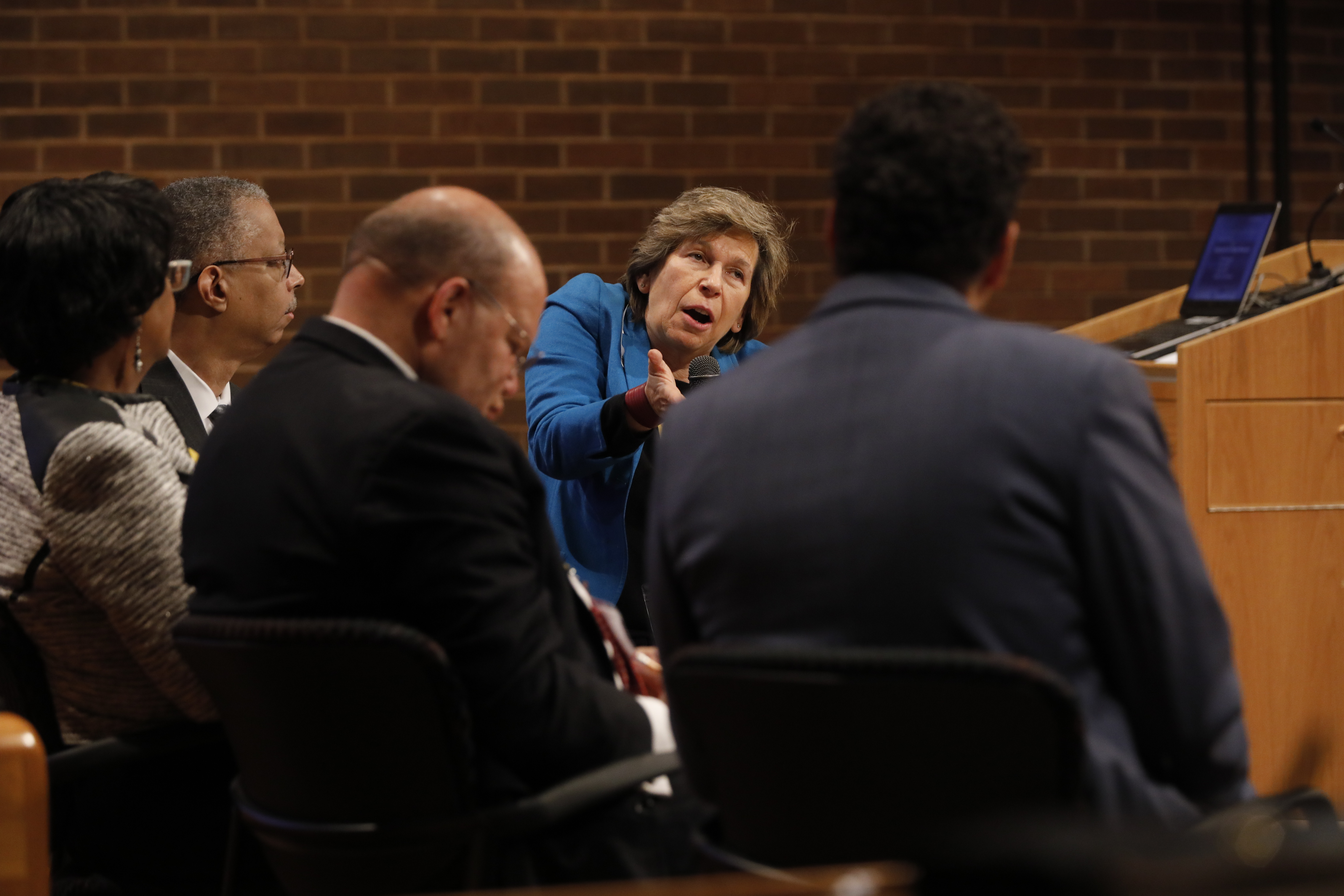 Panelists described the role of black workers, black leaders, and the fight for civil rights in building the power of the American labor movement in the 20th century. Panelists also described the role segregation and segregationists played (and still play) in undermining and splitting the power of organized labor and the need for a renewed alliance between labor and civil rights in America.
Panelists described the role of black workers, black leaders, and the fight for civil rights in building the power of the American labor movement in the 20th century. Panelists also described the role segregation and segregationists played (and still play) in undermining and splitting the power of organized labor and the need for a renewed alliance between labor and civil rights in America.
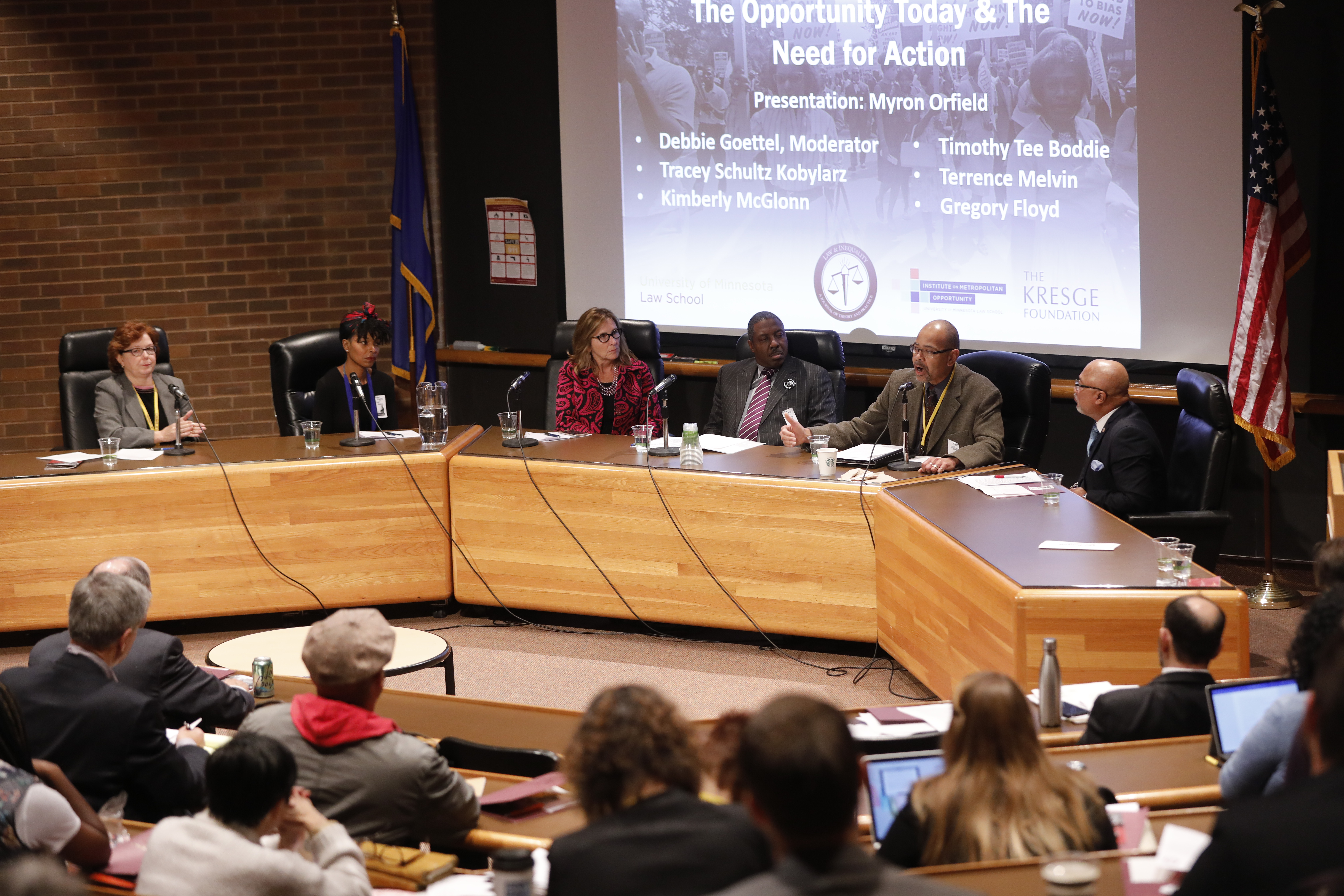 Myron Orfield then presented a challenge to the group to consider the lessons of the Civil Rights Movement, especially the key elements of institutional power from labor, civil rights organizations, the courts and the faith community. He also reminded us that it took money, training, political and economic analysis, and organizing to build the multiracial power that defeated Jim Crow in the last century.
Myron Orfield then presented a challenge to the group to consider the lessons of the Civil Rights Movement, especially the key elements of institutional power from labor, civil rights organizations, the courts and the faith community. He also reminded us that it took money, training, political and economic analysis, and organizing to build the multiracial power that defeated Jim Crow in the last century.
Orfield reminded us that many middle and working class African Americans today live in suburbs, along with working class whites, ethnic minorities and recent immigrants. These places, especially the more diverse, racially changing suburbs, hold the key to power in American politics and are ideal targets for organizing a new, multiracial coalition to support policies of inclusion and racial, social and economic justice.
A multiracial panel of constituency leaders responded. Panelists included Rev. Terrence Melvin, Coalition of Black Trade Unionists, Tracey Schultz Kobylarz, Redford Twp, MI, Dr. Timothy Tee Boddie, Progressive National Baptist Church, Dr. Kimberly McGlonn, Jenkintown Borough Council, PA and Gregory Floyd, Teamsters Local 237 in New York.
Panelists each spoke of the way segregation and segregated power have impacted their organizations and harmed their constituencies. Each spoke of the contributions and progress their organizations have made in promoting inclusion and multiracial power. Panelists, however, also spoke of the limitations they and their constituencies faced and the need for broader alliances, such as those at the Summit, but also the need for racial inclusion at the highest levels of power including in politics and in the labor movement.
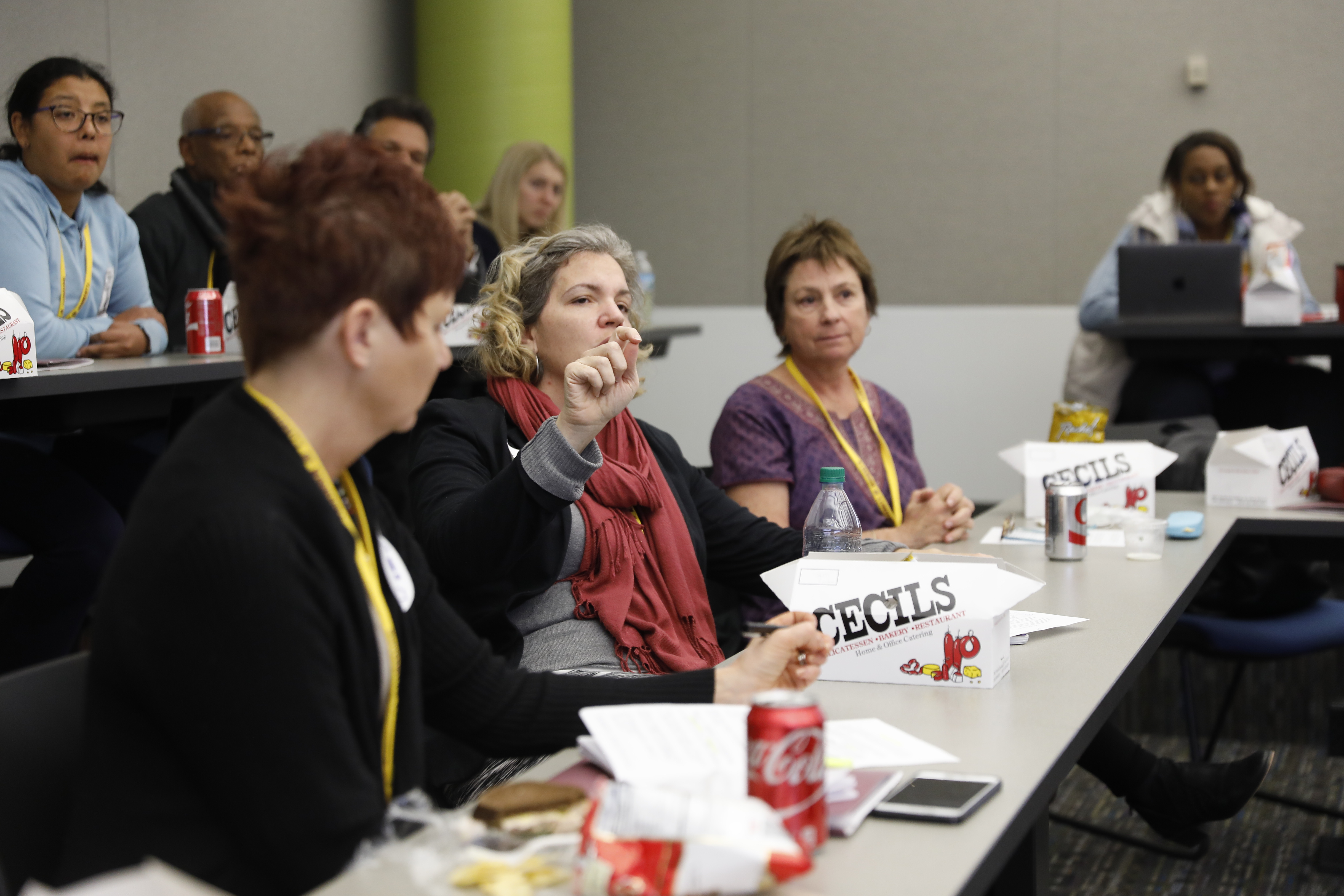 In response to the challenge, Summit attendees and participants broke into three groups - litigation, legislation and organizing - and took initial steps toward forming a leadership structure to continue the work of the Summit and the goal of renewing and reinvigorating the Civil Rights Movement. After report backs and closing statements, Summit attendees agreed to reconvene in the new year to discuss and take next steps for organizing and for action. It was further agreed that a joint coordinating committee would be formed among a diverse group of leaders from each of the working groups. In the coming weeks, representatives of this committee will produce a draft document outlining the proposed purpose, goals and strategic direction of the Summit for participants’ input and review.
In response to the challenge, Summit attendees and participants broke into three groups - litigation, legislation and organizing - and took initial steps toward forming a leadership structure to continue the work of the Summit and the goal of renewing and reinvigorating the Civil Rights Movement. After report backs and closing statements, Summit attendees agreed to reconvene in the new year to discuss and take next steps for organizing and for action. It was further agreed that a joint coordinating committee would be formed among a diverse group of leaders from each of the working groups. In the coming weeks, representatives of this committee will produce a draft document outlining the proposed purpose, goals and strategic direction of the Summit for participants’ input and review.
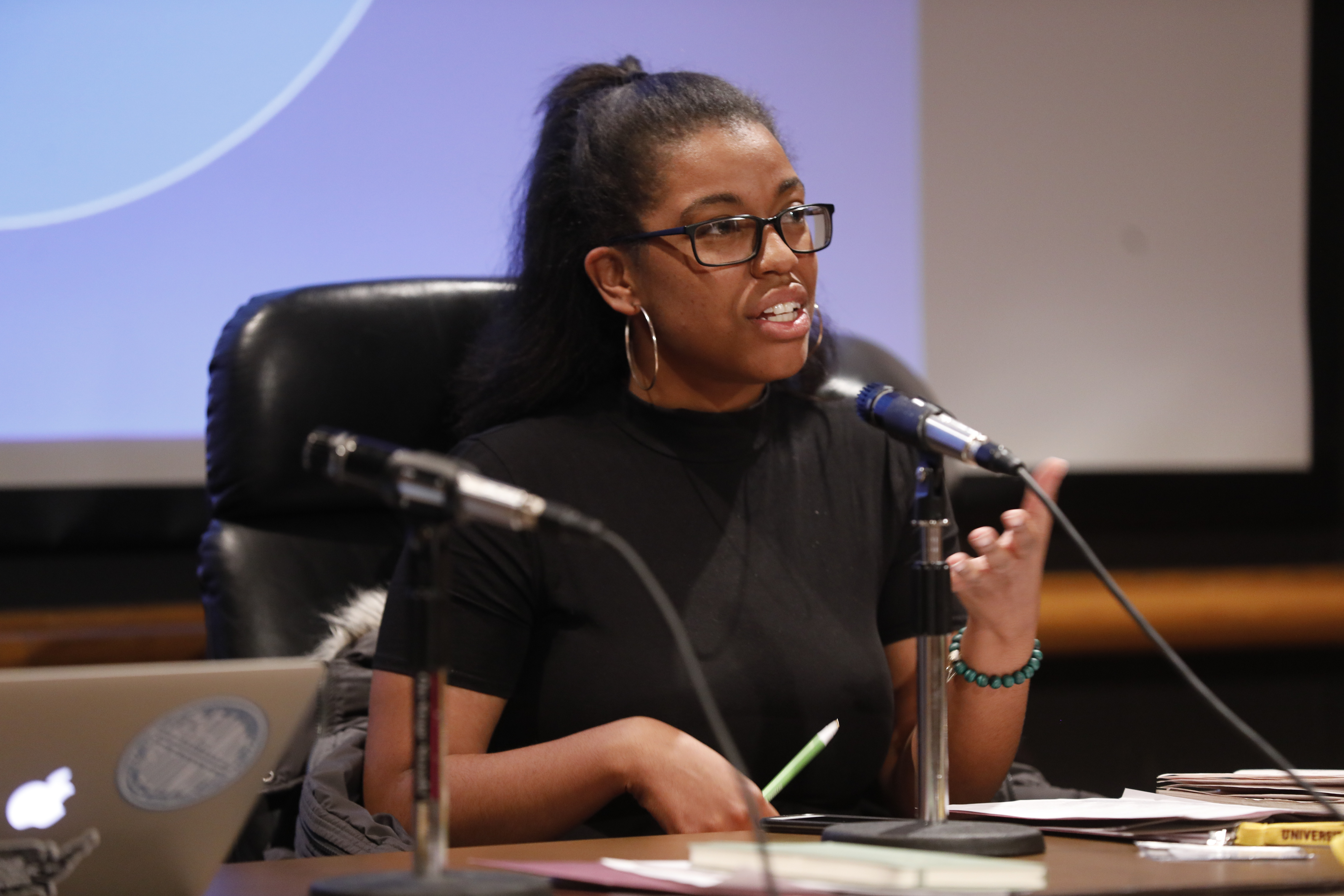
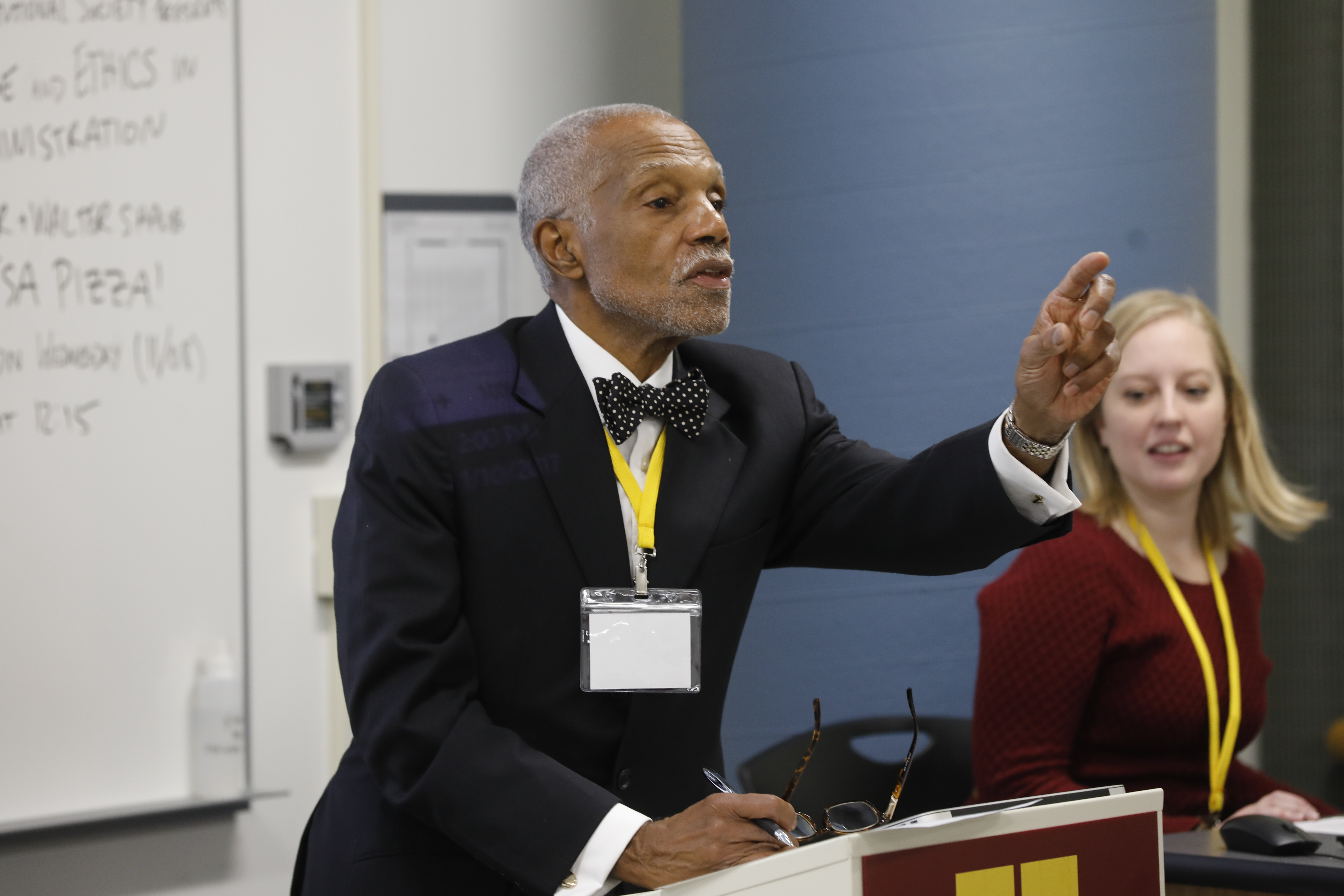
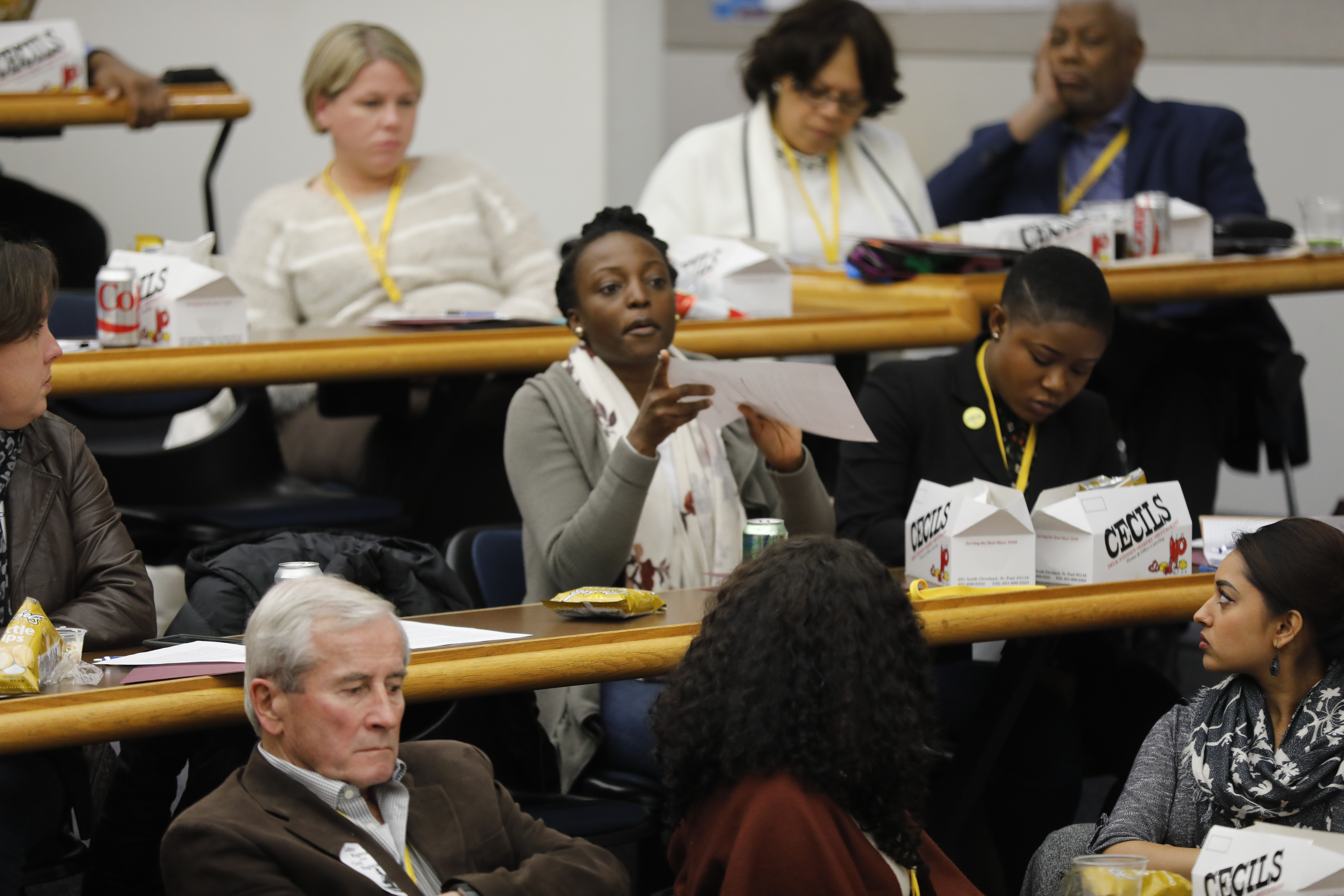
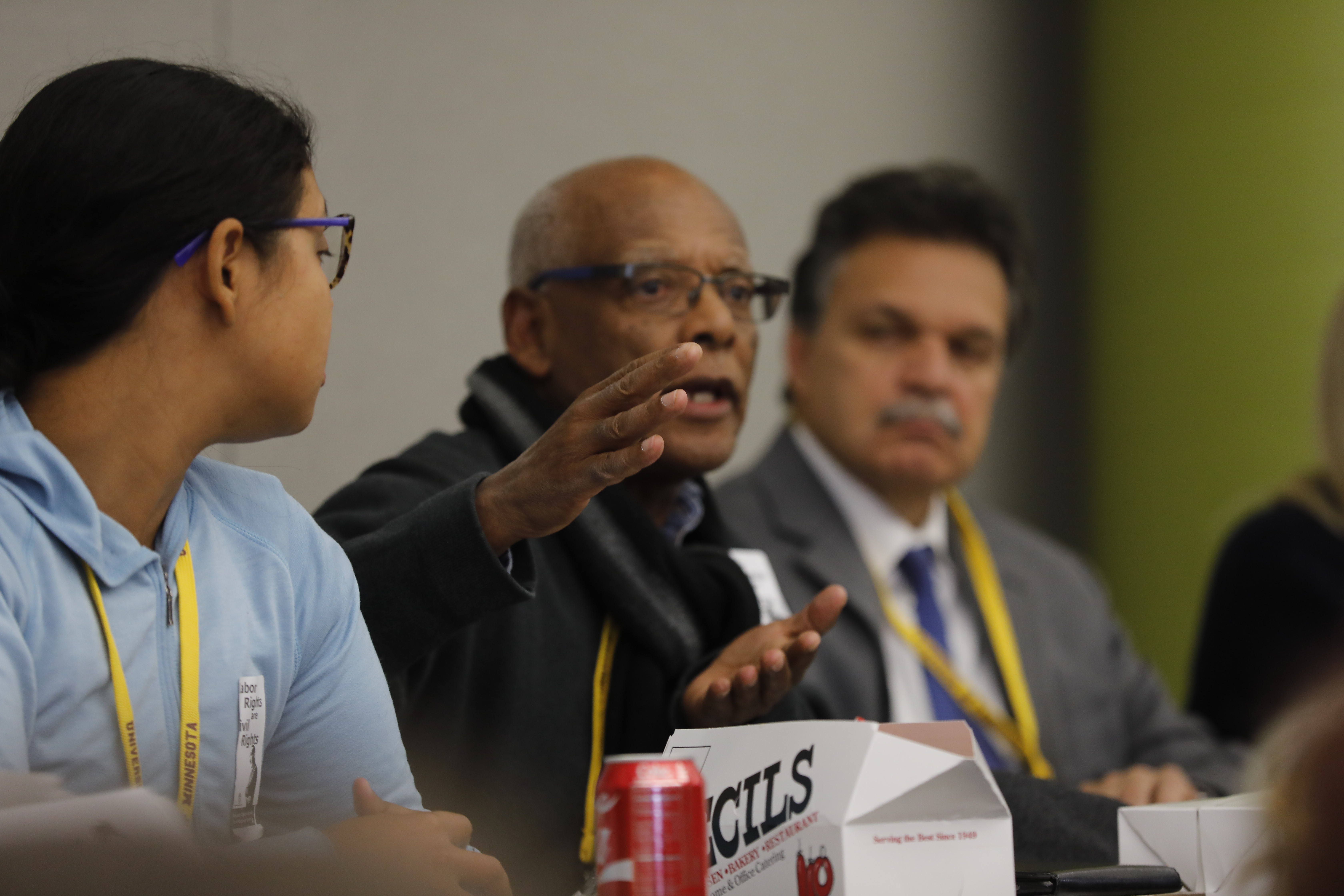
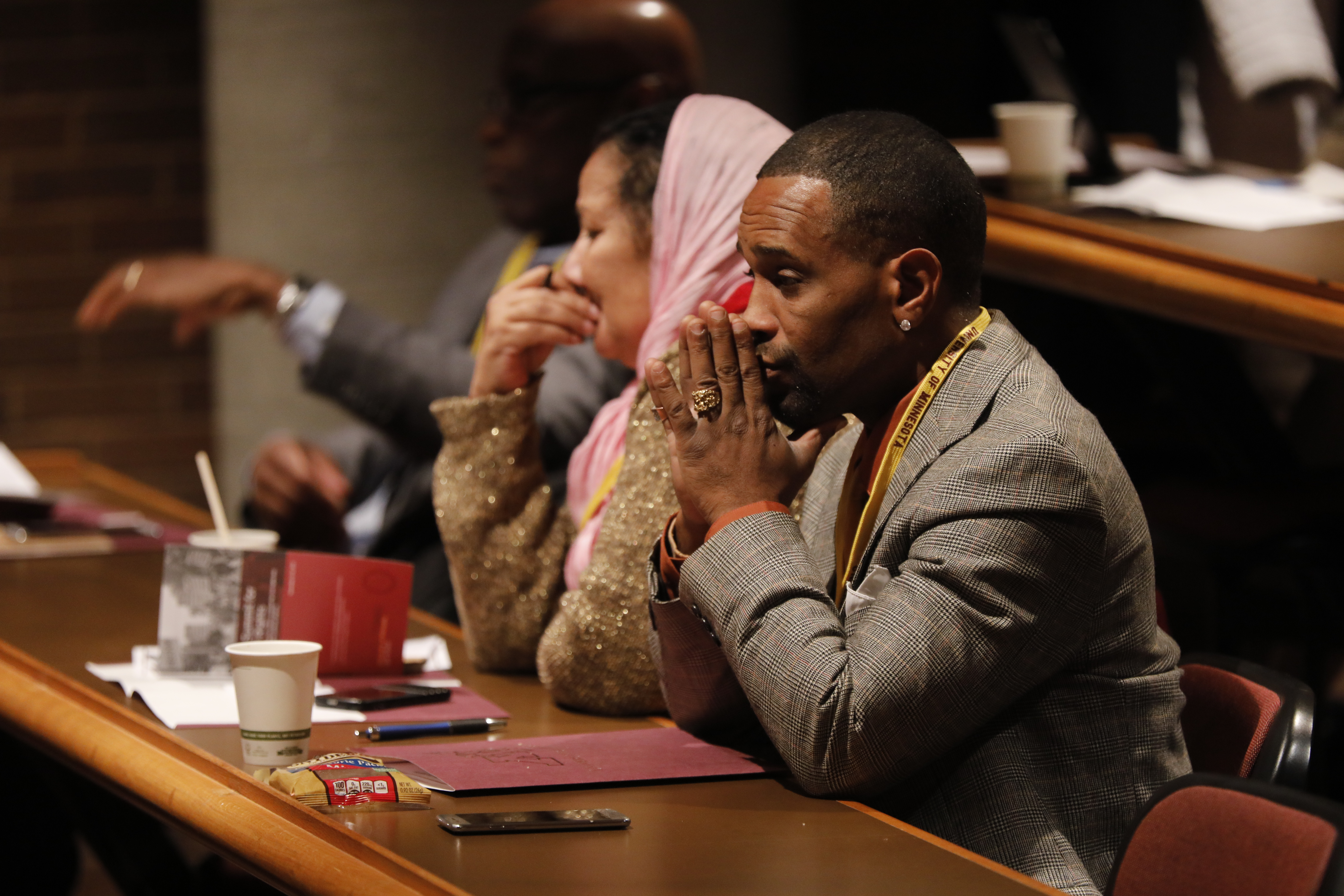

Click here to view Sponsorship Opportunities
Click here for list of Speakers
Click here for Summary of Program
Click here for PDF of Sponsorship Packages
Click here to donate

